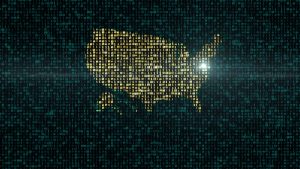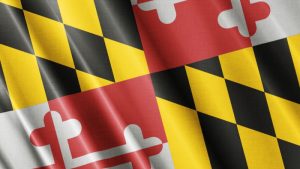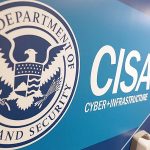The Federal Communications Commission (FCC) today approved by a 3-1, party-line vote a series of steps that its Republican-majority commissioners argue will speed the pace of infrastructure installations necessary for carriers to provide 5G wireless services, but which have drawn strong protest from states and localities in the run-up to today’s vote who object to restrictions on their ability to govern.
California’s Democratic Governor Jerry Brown on Sunday signed S.B. 822 , which restores in the state Obama-era Federal net neutrality laws that were gutted by the Federal Communications Commission (FCC) earlier this year.
As the FCC prepares to vote next week on an order that would make it easier for wireless service providers to deploy small wireless antennas and other infrastructure to speed the deployment of fifth-generation–or 5G–services, two of the agency’s five commissioners discussed the pros and cons of taking that course at an event organized by Politico.
The general election in 2016 was a watershed moment for Federal, state, and local election officials.
Cybersecurity firm FireEye said it has been tracking a malicious cyberattack against Click2Gov, a software used by local governments to allow citizens to pay utility bills, building permits, and business license fees online.
On Monday, Virginia Governor Ralph Northam issued Executive Order Nineteen, which directs the use of cloud technologies in the Commonwealth’s IT services. The executive order says Virginia must “keep pace with the marketplace” and that the order is designed to ensure the Commonwealth “aggressively incorporates the use of cloud technologies.” The order also stresses that cloud services must be deployed in a way that protects the privacy and security of Commonwealth and citizen data.
The Center for Government Excellence (CGE) today released a new algorithm toolkit designed to help local government leaders remove bias from algorithm-based decision making. Complex algorithms, like those used by local governments, can learn from data, identify patterns, and make predictions with minimal human intervention.
The Department of Homeland Security’s National Cybersecurity & Communications Integration Center (NCCIC) is warning users “to remain vigilant for malicious cyber activity seeking to exploit interest in Hurricane Florence.” Alongside these recommendations, the Multi-State Information Sharing & Analysis Center (MS-ISAC) released a cyber intel advisory on Sept. 14, which notes an uptick in internet activity related to Florence.
The National Association of State Chief Information Officers (NASCIO) today released its new strategic plan for 2018 to 2020.
The State of Maryland today announced that the Data Center Energy Efficiency Grant Program (DCEEG) has entered its third cycle. The program, which the state claims is the first of its kind in the United States, provides funding on a competitive basis to “encourage the implementation of cost-effective energy efficiency technologies in data centers throughout the state,” according to the state’s Energy Administration.












